Camil Velican’s biography was fairly typical of a Romanian intellectual at the turn of the nineteenth century. However, in his case there is slight deviation from the most widespread pattern: he was not son of a farmer. His father, Alexandru, was lawyer, then judge of the tribunal of Lower Alba County. Through his mother, Maria Țârlea, he was related to the family of the Greek Catholic Bishop Vasile Hossu and Cardinal Iuliu Hossu.
He was born in Târgu Mureș, on 18 December 1878. His family moved to Alba Iulia fairly soon after that, and the young Camil attended primary school in this city. He continued his education to the highest stage and showed inclination towards various domains of public activity: politics, administration, economy and culture.
A combination of being born into a Greek Catholic family and the prestige of the Greek Catholic schools in Blaj attracted Velican to the Blaj Superior Archiepiscopal Gymnasium, from which he graduated with excellent results. He opted to study law, following the family tradition, at the Royal Hungarian University in Budapest, where he attended the Faculty of Law and Political Sciences from 1897 to 1900. He became interested in the literary activity of the best Romanian students in Budapest, who were members of the Petru Maior Academic Society, an association fostering talent in national literature. Then, enchanted by novelty of a peregrinatio academica, he continued his studies in the Law School of “Ferenc József” University in Cluj, earning his doctorate in 1902. The following year, he opened his own legal office in Alba Iulia and was active as an advocate for the rest of his life.
For a young Romanian lawyer from Transylvania, membership of the National Party represented an honourable duty. Velican was an active and successful in this political organization, and from 1911 he was several times designated member of the Congregation of Lower Alba County. In this capacity he attempted, alongside Iuliu Maniu, to promote Romanian political interests with varying degrees of success. He distinguished himself among the lawyers defending Romanians in political cases prosecuted by the authorities. In a symbolic gesture with national significance, together with many other Transylvanians, he participated in 1912 by contributing 20 crowns to a public subscription for building the aeroplane Vlaicu III. Unfortunately, the death of Aurel Vlaicu on 13 September 1913 ended this project.
In the summer of 1914, after the outbreak of the First World War, Velican was mobilized, and next year he was sent as officer to the Italian front. He returned home in the late autumn of 1918, after the military catastrophe in Austro-Hungary. He was nominated to the Romanian National Council of Alba Iulia, and was one of the local organizers of the Great National Assembly at 1 December 1918.
It is noteworthy that on 20 November, in order to secure the good organization of the Great National Assembly, Alba Iulia became the first city to have a Romanian administration instituted. Camil Velican became mayor of this newly introduced structure. His comfortable residence became a meeting space for members of the Romanian National Central Council before and after the assembly. From 1919, Velican was president of the Administrative Commission of Alba County.
Velican’s activities in the National Romanian Party continued for some time. He was a member of the party’s central leadership, and became one of the “committee of one-hundred”. However, he understood that within Romania, Transylvania could not remain a province with a single party. For this reason, he founded and became president of Alba County’s National Liberal Party. In this capacity, he was appointed prefect from 1922-1926, and from 1933-1937 he was the party’s elected deputy in Parliament.
Velican’s presence in the life of the city and Alba County was multifaceted. Since 1911, as a member of the Alba Iulia section of the Astra Cultural Society, he contributed to the cultural and national emancipation of Romanians from this area. He also accepted the role of president of the Reunion of Romanian craftsmen in Alba Iulia. In this position, his role was largely cultural. The statutes of the Reunion stipulated members’ mutual assistance and support for apprentices, but Velican’s schedule was filled with activities such as conferences, public lectures, presentations of popular theatrical plays, the organization of a library and so on. He was also a legal adviser to the Iulia Bank of Alba Iulia.
His prodigious career as a community activist was acknowledged with various medals and awards, such as the Order of Ferdinand I, Officer rank; the Crown of Romania, Commander; the Star of Romania, Officer; the honourable sign of Romania’s Vulture; a medal for the Reward of Work, First Class; and a medal of Commercial and Industrial Merit, First Class.He passed away on 12 June 1937.(V.M.)

